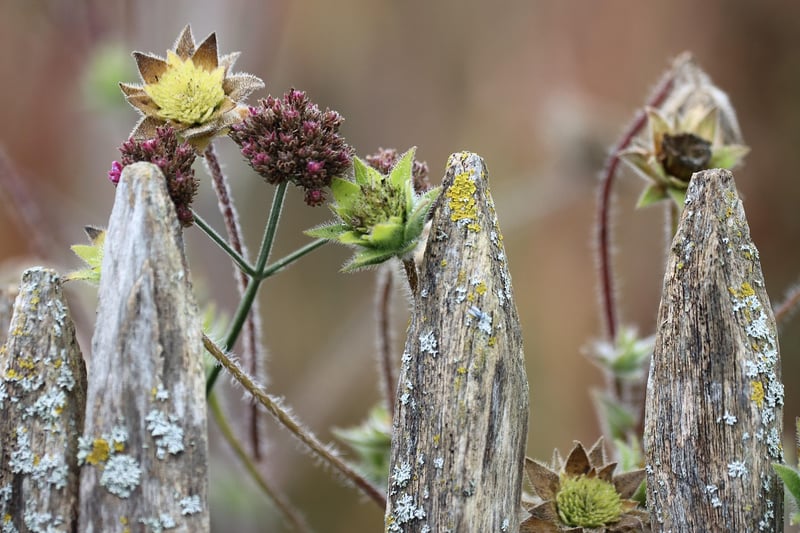Pest Control
How to Keep Your Garden Healthy and Pest-Free
Having a beautiful and thriving garden requires more than just watering your plants regularly. It also involves taking steps to ensure that your garden remains healthy and free from pests. Here are some tips to help you maintain a lush and pest-free garden.
1. Choose the Right Plants
Start by selecting plants that are well-suited to your garden's location and climate. Healthy plants are more resistant to pests and diseases, so choosing the right plants from the beginning can help prevent problems later on.
2. Maintain Good Soil Health
Healthy soil leads to healthy plants. Make sure your soil is well-draining and rich in nutrients. Consider adding compost or organic matter to improve soil health, which will help your plants grow strong and fend off pests naturally.
3. Water Wisely
Overwatering can attract pests and promote the growth of fungi and diseases. Water your plants deeply but less frequently to encourage strong root growth. Use a soaker hose or drip irrigation to deliver water directly to the roots.
4. Weed Regularly
Weeds can compete with your plants for nutrients and attract pests. Keep your garden weed-free by pulling weeds regularly. Consider using mulch to suppress weed growth and retain soil moisture.
5. Practice Crop Rotation
Rotate your crops each season to prevent the buildup of pests and diseases in the soil. This practice can help disrupt the life cycles of garden pests and reduce the need for chemical controls.
6. Monitor Your Garden
Regularly inspect your plants for any signs of pest infestations or diseases. Early detection can help you address issues before they become severe. Remove any affected plants or parts to prevent the spread of pests.
7. Use Natural Pest Control Methods
Avoid using harsh chemicals that can harm beneficial insects and pollinators. Instead, opt for natural pest control methods like introducing beneficial insects, using insecticidal soaps, or planting companion plants that repel pests.
8. Attract Beneficial Wildlife
Encourage natural predators like birds, ladybugs, and praying mantises to visit your garden. Provide water sources, nesting sites, and native plants to attract beneficial wildlife that can help keep pest populations in check.
9. Consider Physical Barriers
For particularly troublesome pests, consider using physical barriers like row covers, netting, or traps to protect your plants. These barriers can prevent pests from reaching your crops without the need for chemical interventions.
10. Stay Vigilant
Regularly monitoring your garden, staying informed about common pests in your area, and being proactive in your pest control efforts are key to maintaining a healthy and pest-free garden.

By following these tips and staying proactive in your garden care routine, you can create a thriving outdoor space that is not only beautiful but also healthy and resistant to pests.
Remember, a healthy garden is a happy garden!
